The Ministry of Health proposed to include dengue fever vaccination in the Expanded Immunization Program after a community testing period.
The Ministry of Health proposed to include dengue fever vaccination in the Expanded Immunization Program after a community testing period.
Currently, Vietnam has the Qdenga vaccine to prevent dengue fever, which is on the list of vaccines licensed for circulation under Decision 308 dated May 14, 2024 of the Drug Administration of Vietnam. This vaccine is being injected for service in Vietnam.
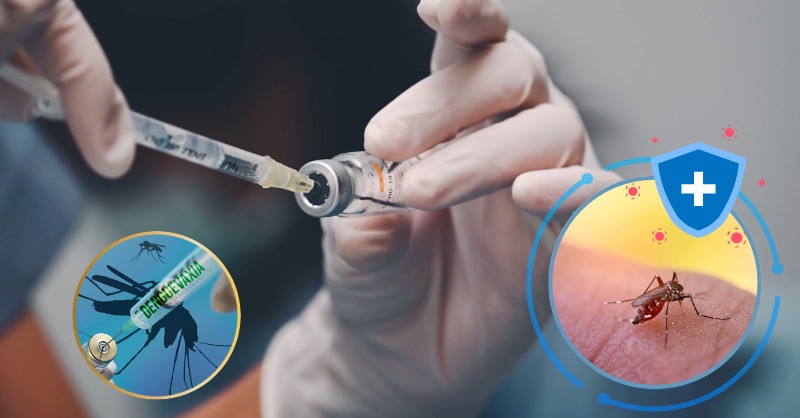 |
| The Ministry of Health proposed to include dengue fever vaccination in the Expanded Immunization Program after a community testing period. |
Several domestic and international vaccine studies are also continuing to be developed and tested to provide more disease prevention options for people.
According to data from the World Health Organization (WHO), the number of dengue cases has increased tenfold over the past two decades, from 500,000 cases in 2000 to more than 5 million cases in 2019.
If in the past, in the period 1980 - 2018, Vietnam often recorded epidemic peaks every 10 years, then in the period 2019 - 2023 alone, Vietnam experienced 2 epidemic peaks in 2019 and 2022. In 2022 alone, the whole country had more than 367,000 cases, ranking 2nd globally, only after Brazil.
From the lack of a vaccine to prevent dengue fever and no specific treatment, Vietnam now has a weapon to prevent this disease: a vaccine. The dengue vaccine aims to reduce the number of cases and limit severe cases requiring hospitalization or death due to dengue fever.
The Ministry of Health believes that the inclusion of dengue fever vaccines in the Expanded Immunization Program should be implemented in accordance with the Law on Prevention and Control of Infectious Diseases, which is to add a list of infectious diseases with vaccines to ensure free vaccination for the people.
To include dengue fever vaccine in the Expanded Immunization Program, it is necessary to assess disease burden, safety, and immune efficacy, as well as consider community acceptance and evaluate the economic efficiency of dengue fever vaccines.
The Ministry of Health is currently coordinating with relevant units to evaluate and research the above factors, and will then submit them to the Government if appropriate. Before implementing the free vaccination program for the people, the Ministry of Health will have a plan to test it in the community for about 2 years.
Dengue fever vaccine is currently being injected for a service price of 2.7 million VND/shot, 2 shots 3 months apart, which is a burden for many people.
Although dengue fever is a very old epidemic, the concern is that each epidemic has its own difficulties. One of the difficulties is that when infected, people often go straight to clinics or private hospitals, not to public hospitals or health stations.
Many people think that mosquitoes that transmit dengue fever only live in stagnant public ponds, sewers, etc. However, Aedes mosquitoes live in places with clear water that has been left for a long time, such as aquariums, flower vases, rockeries, rainwater stagnant in broken bowls in home gardens, alleys, terraces, construction sites, etc. Therefore, it is necessary to remove stagnant water containers that are places for Aedes mosquitoes to breed and develop.
It is necessary to clean the house, turn over all mosquito hiding places to kill larvae, then spray insecticide to kill adult mosquitoes.
To kill mosquitoes more effectively, spray in the morning, because dengue mosquitoes are active during the day, most active in the early morning and before sunset. It should be noted that insecticide sprays are effective for 6 months from the time of spraying.
Many people believe that once they have had dengue fever, they will not get the disease again. This is not necessarily true. Because dengue fever is caused by the Dengue virus, which has 4 strains: DEN-1, DEN-2, DEN-3 and DEN-4. All 4 strains of this virus are capable of causing the disease.
Therefore, if a person has had dengue fever, during the illness the body can create antibodies. However, the immunity created is only specific to each individual strain. The patient may not be reinfected with the old virus strain but can still be infected with the new strain, so dengue fever can recur.
Regarding treatment, many people think that when having dengue fever, you should only drink electrolyte replacement drinks, not coconut water because it does not have the effect of rehydration and it is difficult to detect complications.
This is completely wrong, in dengue fever, high fever for many consecutive days will cause the patient to lose water and fluid. The simplest way to compensate for fluid is to give the patient Oresol.
However, many patients have difficulty drinking Oresol. This can be replaced by drinking coconut water, orange juice, grapefruit juice, lemon juice to compensate for the lost fluid. Moreover, the above fruits contain many minerals and vitamin C, which help strengthen the immune system and increase the strength of blood vessels.
Source: https://baodautu.vn/de-xuat-tiem-mien-phi-vac-xin-sot-xuat-huyet-d229661.html


![[Photo] Party Committees of Central Party agencies summarize the implementation of Resolution No. 18-NQ/TW and the direction of the Party Congress](https://vphoto.vietnam.vn/thumb/1200x675/vietnam/resource/IMAGE/2025/10/27/1761545645968_ndo_br_1-jpg.webp)


![[Photo] The 5th Patriotic Emulation Congress of the Central Inspection Commission](https://vphoto.vietnam.vn/thumb/1200x675/vietnam/resource/IMAGE/2025/10/27/1761566862838_ndo_br_1-1858-jpg.webp)
![[Photo] National Assembly Chairman Tran Thanh Man receives Chairman of the House of Representatives of Uzbekistan Nuriddin Ismoilov](https://vphoto.vietnam.vn/thumb/1200x675/vietnam/resource/IMAGE/2025/10/27/1761542647910_bnd-2610-jpg.webp)



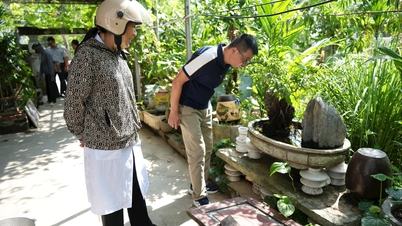



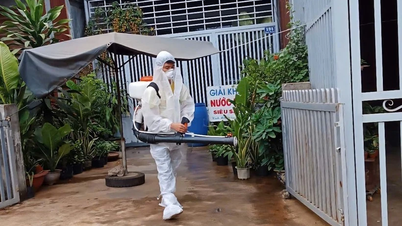

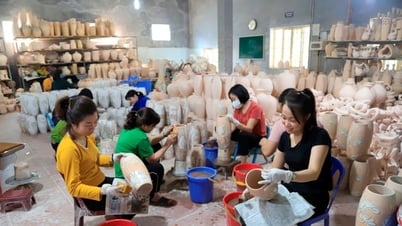

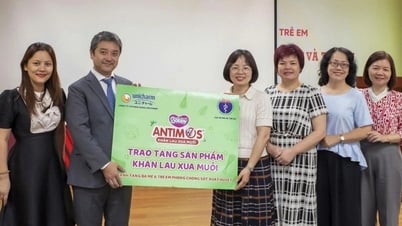



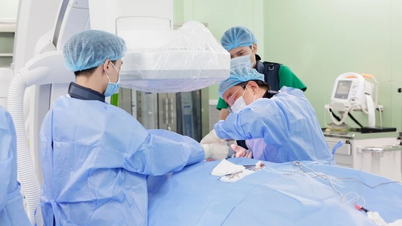

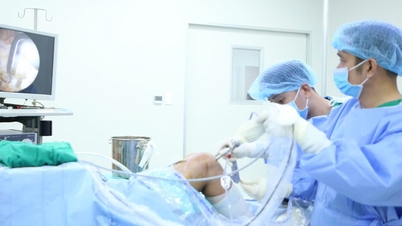
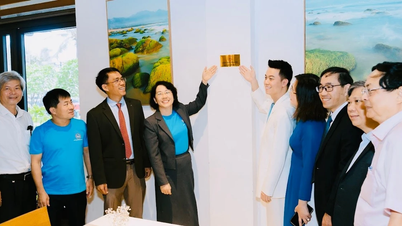
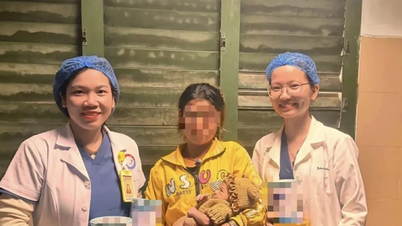

















































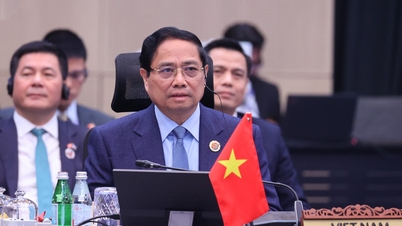






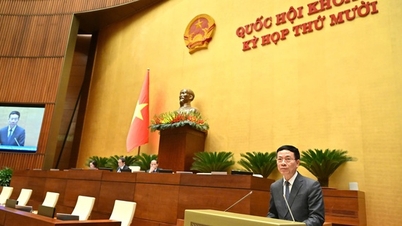


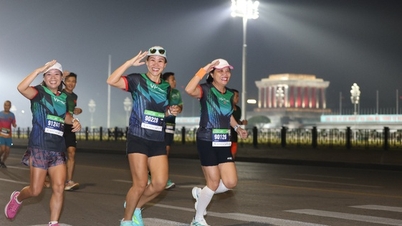
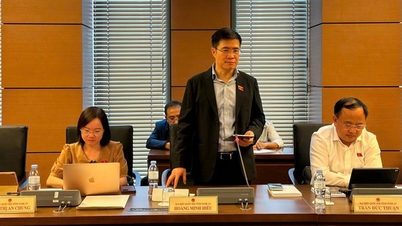
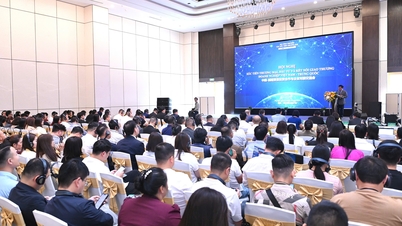

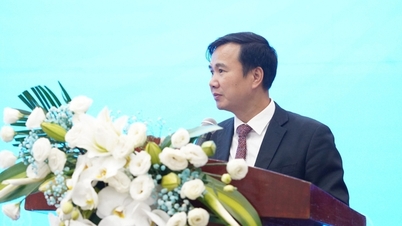
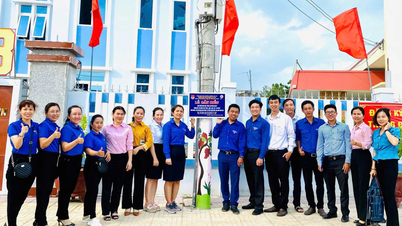



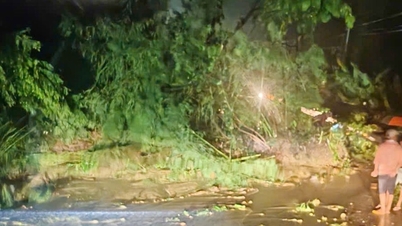


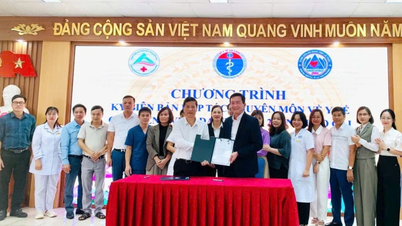

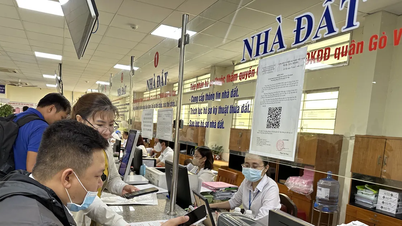











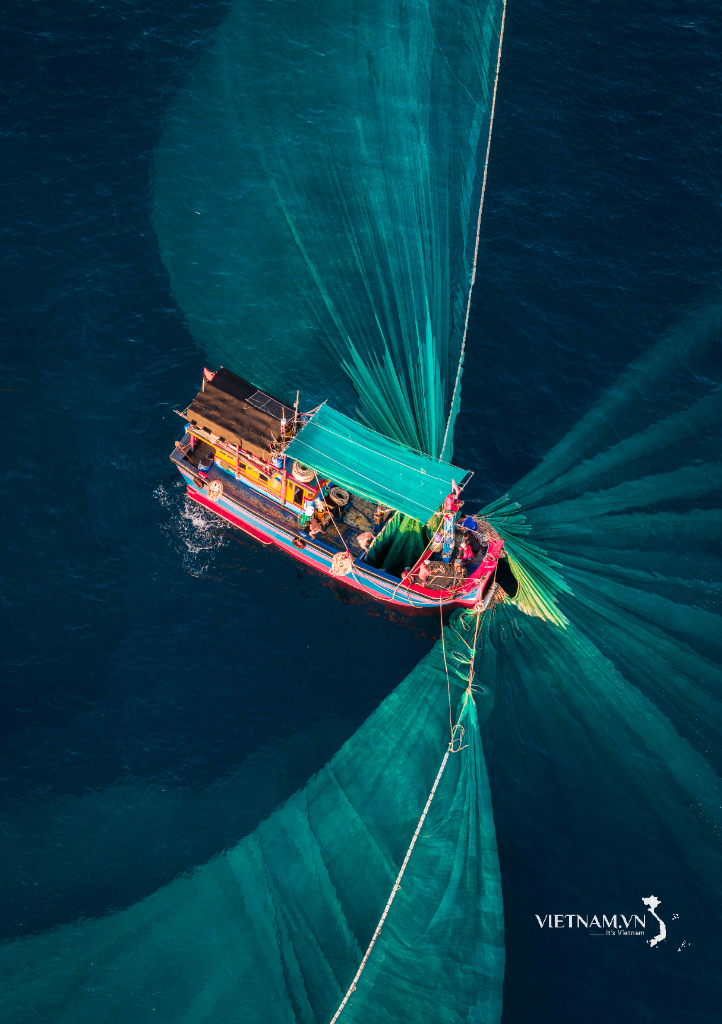

Comment (0)